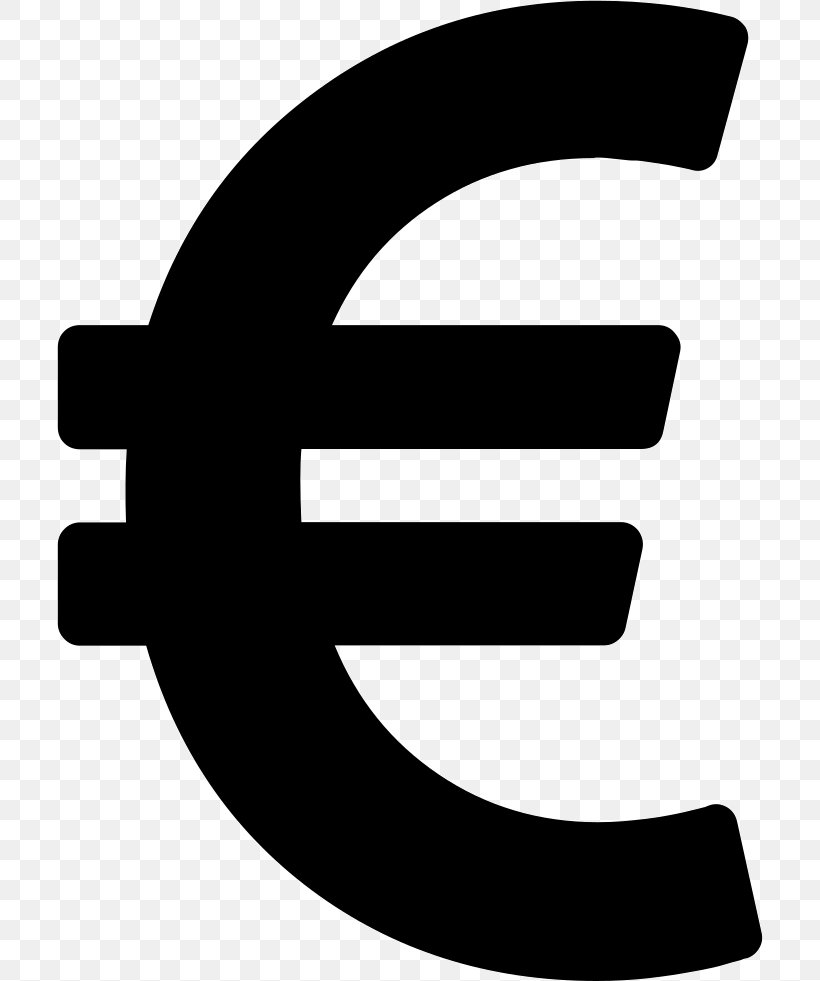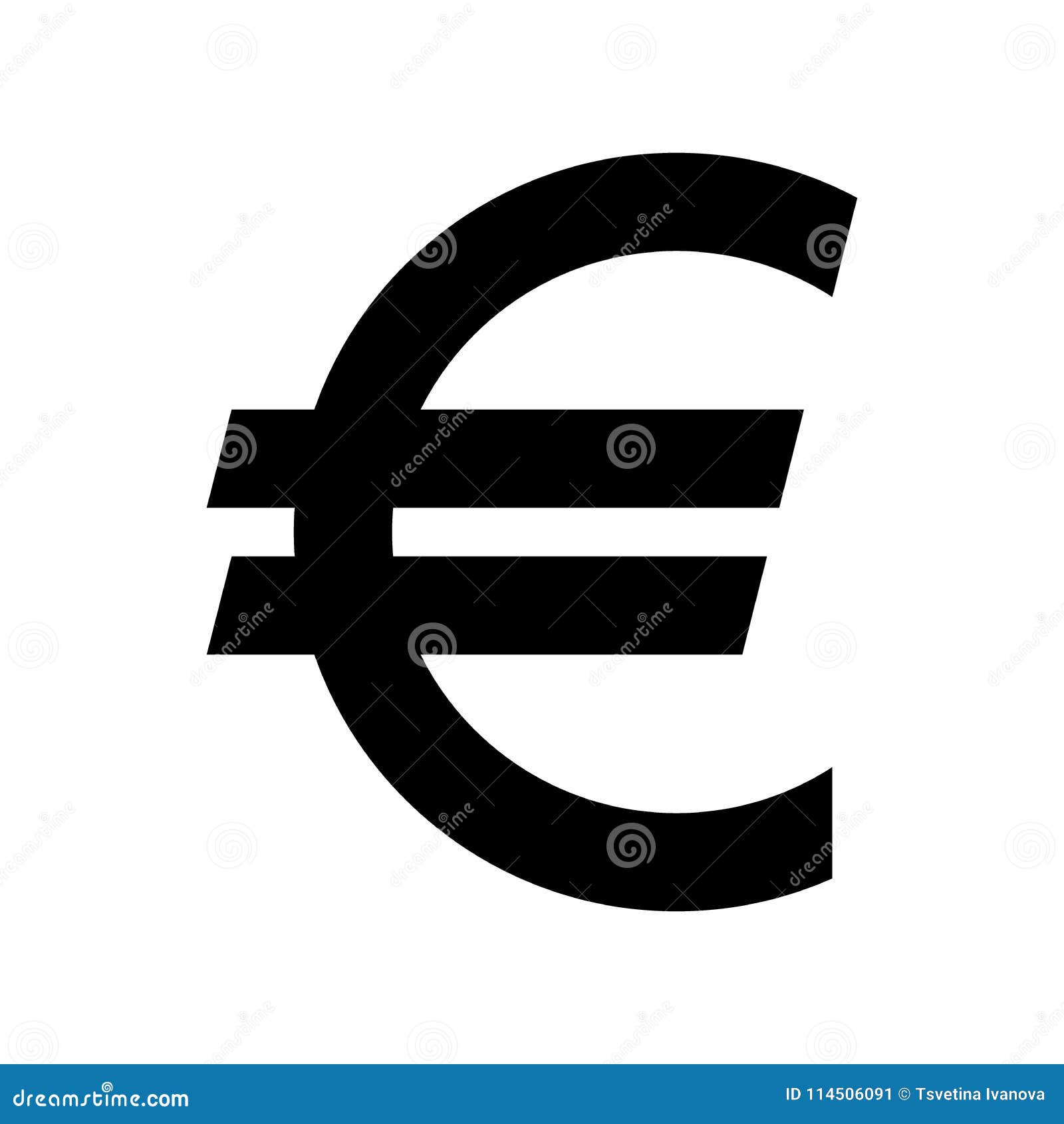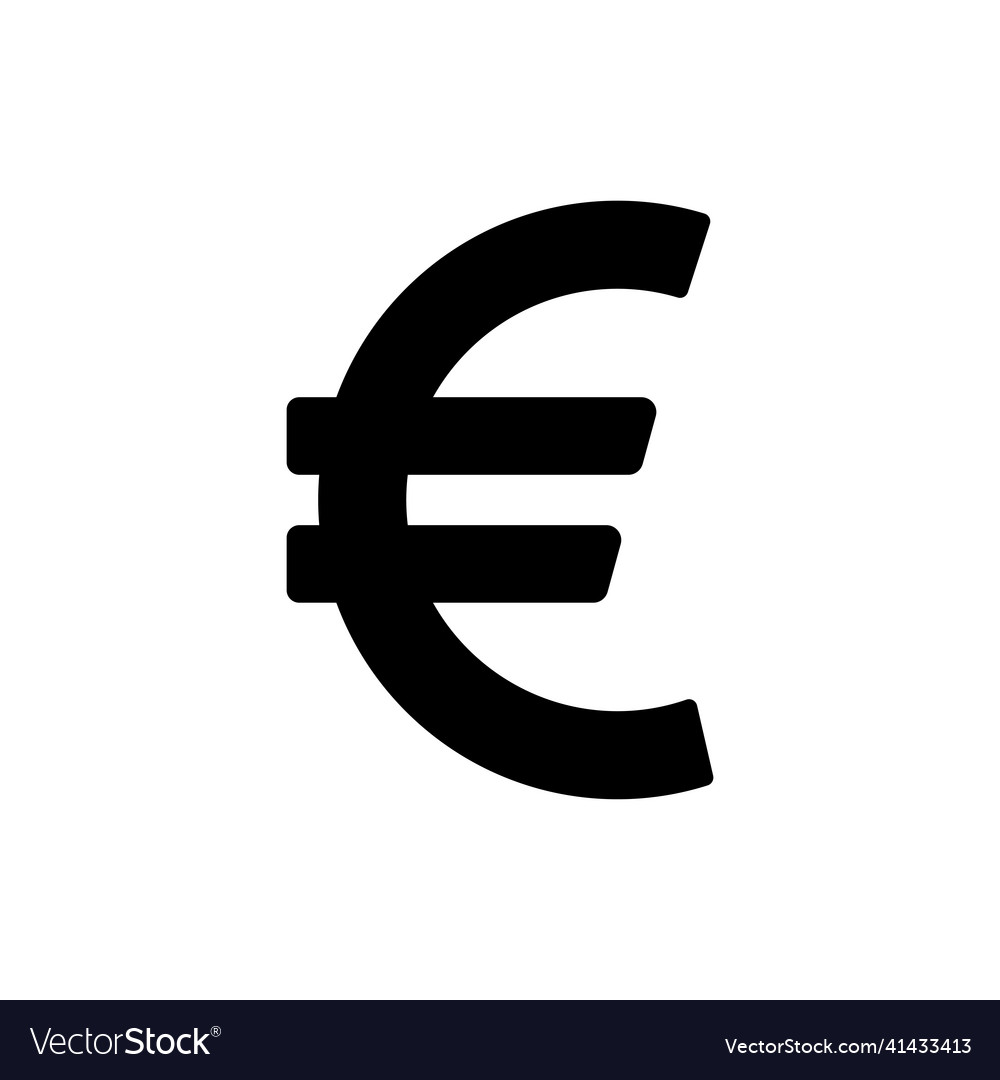Unveiling The Symbol For Euro Currency: A Comprehensive Guide You Won't Want To Miss
Alright, let's dive straight into the heart of it. The symbol for euro currency, often represented as €, is more than just a sign on a keyboard. It's a powerful emblem of unity, progress, and financial stability in Europe. From its origins to its widespread use, the euro symbol has become an integral part of modern-day commerce. So, if you've ever wondered about the story behind this iconic symbol, you're in the right place.
Now, you might be thinking, "Why does the euro symbol even matter?" Well, think of it this way: symbols have the power to transcend language barriers and connect people across borders. The € symbol does exactly that, representing a shared currency used by millions of people in the Eurozone. It's not just about money; it's about trust, convenience, and global trade.
Here's the deal: understanding the euro symbol goes beyond knowing how to type it. It's about appreciating its history, significance, and the role it plays in shaping the financial landscape of Europe and the world. So, whether you're a business owner, a traveler, or simply someone curious about currencies, this article will give you all the insights you need.
Read also:How Often Does Trump Eat Mcdonalds The Inside Scoop Youve Been Craving
Understanding the Euro Symbol: A Brief Overview
Let's kick things off with a quick overview of what the euro symbol really means. The € symbol was officially introduced in 1997, and it quickly became a recognizable icon for the European Union's single currency. Designed to reflect the stability and strength of the euro, the symbol combines elements of ancient and modern design.
How the Euro Symbol Came to Be
So, how exactly did the € symbol come into existence? Back in the mid-1990s, the European Commission held a competition to design the perfect symbol for the euro. Hundreds of submissions were received, but one stood out: a sleek, modern design inspired by the Greek letter epsilon (Ε) and the Roman numeral for ten (X). This winning design was chosen for its simplicity and its ability to convey the euro's roots in European culture.
The € symbol also features two parallel lines running through it, symbolizing stability and reliability. These lines give the symbol a distinctive look that sets it apart from other currency symbols. And let's be honest, it's pretty cool to think that something as simple as a symbol can carry so much meaning.
The Evolution of the Euro Symbol
Now that we've covered the basics, let's talk about how the euro symbol has evolved over the years. When the euro was first introduced in 1999 as a digital currency, the € symbol quickly gained traction in financial markets. It wasn't until 2002, however, that euro banknotes and coins were physically introduced, making the symbol even more prominent in everyday life.
Why the Euro Symbol Matters Today
In today's global economy, the € symbol plays a crucial role in facilitating international trade and commerce. It's used by 19 countries in the Eurozone, representing a population of over 340 million people. This widespread adoption has made the euro one of the most important currencies in the world, second only to the US dollar.
But here's the kicker: the euro symbol isn't just about money. It's also a symbol of European unity and cooperation. In a world where economic and political tensions often dominate the headlines, the € serves as a reminder of what can be achieved through collaboration and shared goals.
Read also:April 21 Zodiac Sign Discover The Mystical Traits Of Taurus And Their Impact On Life
How to Use the Euro Symbol Correctly
Using the € symbol correctly is essential, especially if you're dealing with financial transactions or writing about the euro. Here's a quick guide to help you get it right:
- Place the € symbol before the amount, e.g., €50.
- Leave a space between the symbol and the number for better readability.
- Avoid using a period or comma as a decimal separator unless you're following a specific style guide.
For example, if you're writing about the cost of a product, you might say "The laptop costs €899." Simple, right? But don't underestimate the importance of getting it right—mistakes can lead to confusion or even financial errors.
Common Misconceptions About the Euro Symbol
There are a few misconceptions about the € symbol that are worth addressing. For instance, some people think the symbol was inspired by the US dollar sign ($), but that's not true. The € was specifically designed to reflect European identity and heritage. Another common myth is that the symbol is difficult to type, but with modern keyboards and software, it's actually quite easy.
Debunking the Myths
Let's break down some of these myths:
- Myth #1: The € symbol is only used in Europe. Reality: While the euro is primarily used in the Eurozone, the symbol is recognized and used globally in financial contexts.
- Myth #2: The € symbol was created overnight. Reality: The design process took years of careful consideration and consultation with experts.
Understanding these misconceptions can help you appreciate the true significance of the € symbol and its role in the global economy.
The Impact of the Euro Symbol on Global Trade
Now, let's talk about the bigger picture. The € symbol has had a profound impact on global trade and commerce. By providing a standardized way to represent the euro, the symbol has made it easier for businesses and consumers to conduct transactions across borders. This has led to increased economic activity and growth in the Eurozone.
But that's not all. The € symbol has also influenced the design of other currency symbols, inspiring a wave of innovation in the world of finance. For example, the Indian rupee symbol (₹) was introduced in 2010, drawing inspiration from the simplicity and elegance of the €.
Key Statistics About the Euro
Here are some interesting stats to give you a better understanding of the euro's impact:
- The euro is used by approximately 340 million people in the Eurozone.
- It accounts for around 20% of global foreign exchange reserves.
- In 2022, the euro was the second most traded currency in the world, with a market share of 32%.
These numbers highlight the euro's importance in the global financial system and the critical role the € symbol plays in representing it.
Design Elements of the Euro Symbol
Now, let's take a closer look at the design elements that make the € symbol so distinctive. The symbol consists of a stylized "E" with two horizontal lines running through it. This design was chosen for several reasons:
- Stability: The parallel lines convey a sense of stability and reliability.
- Unity: The "E" shape represents the first letter of the word "Europe," symbolizing unity and cooperation.
- Modern Design: The clean, minimalist design reflects the euro's role as a modern currency.
These design elements work together to create a symbol that is both functional and aesthetically pleasing. It's no wonder the € has become one of the most recognizable currency symbols in the world.
Challenges Faced by the Euro Symbol
Despite its widespread adoption, the € symbol has faced some challenges over the years. One of the biggest challenges has been ensuring consistent representation across different platforms and devices. With the rise of digital technology, the need for a standardized way to display the € symbol has become even more important.
Solutions to Common Issues
Here are some solutions to common issues related to the euro symbol:
- Font Compatibility: Use fonts that support the € symbol to ensure consistent display.
- Keyboard Shortcuts: Learn keyboard shortcuts for typing the € symbol to save time and avoid errors.
- Software Updates: Keep your software up to date to ensure full support for the € symbol.
By addressing these challenges, businesses and individuals can ensure that the € symbol is used correctly and effectively in all contexts.
Future of the Euro Symbol
Looking ahead, the future of the € symbol is bright. As more countries consider adopting the euro, the symbol's importance is likely to grow even further. Advances in technology, such as digital currencies and blockchain, may also lead to new ways of using and representing the € symbol in the years to come.
Trends to Watch
Here are some trends to keep an eye on:
- Digital Currencies: The rise of digital currencies could lead to new ways of representing the euro symbol in online transactions.
- Global Adoption: As more countries adopt the euro, the symbol may become even more prominent in global finance.
- Design Innovations: Future updates to the € symbol could incorporate new design elements to reflect changing trends and technologies.
These trends suggest that the € symbol will continue to evolve and adapt to meet the needs of a rapidly changing world.
Conclusion: Embracing the Power of the Euro Symbol
And there you have it—a comprehensive guide to the symbol for euro currency. From its origins and design elements to its impact on global trade, the € symbol is much more than just a sign on a keyboard. It's a powerful emblem of unity, progress, and financial stability in Europe and beyond.
So, whether you're a business owner, a traveler, or simply someone interested in currencies, understanding the euro symbol can open up a world of opportunities. Take a moment to reflect on what you've learned and consider how you can apply this knowledge in your own life or work.
And hey, if you found this article helpful, don't forget to share it with your friends and colleagues. Together, we can spread the word about the incredible story behind the € symbol. Who knows? You might just inspire someone else to dive deeper into the fascinating world of currencies.
Table of Contents
- Understanding the Euro Symbol: A Brief Overview
- The Evolution of the Euro Symbol
- How to Use the Euro Symbol Correctly
- Common Misconceptions About the Euro Symbol
- The Impact of the Euro Symbol on Global Trade
- Design Elements of the Euro Symbol
- Challenges Faced by the Euro Symbol
- Future of the Euro Symbol
- Conclusion: Embracing the Power of the Euro Symbol
Article Recommendations


